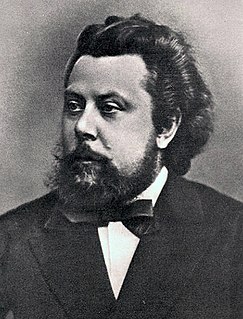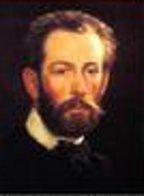A Quote by Frederick C. Beiser
Royce is the father of the thesis that German idealism is a story about the discovery and development of the Kantian transcendental ego - the "I" that accompanies all my representations - as an absolute cosmic supersubject who, god-like, creates the entire universe.
Related Quotes
So the history of discovery, particularly cosmic discovery, but discovery in general, scientific discovery, is one where at any given moment, there's a frontier. And there tends to be an urge for people, especially religious people, to assert that across that boundary, into the unknown, lies the handiwork of God. This shows up a lot.
You can't relate to an absolute or it wouldn't be absolute, it would be relative. On an intellectual level, that's easy. However, you hear theologians in the theistic traditions talk about absolute God, and I saw God, or God spoke; speaking, being seen, these are all relational things. So what is absolute about such a being, wouldn't actually be absolute.
And another thing about German symphonic development. I tell you, our cold kvass soup is a horror to the Germans, and yet we eat it with pleasure. And their cold cherry soup is a horror to us, and yet it sends a German into ecstacy. In short, symphonic development is just like German philosophy and soup-all worked out and systematized. When a German thinks, he reasons his way to a conclusion. Our Russian brother, on the other hand, starts with a conclusion and then might amuse himself with some reasoning.
Modern transcendental idealism, Emersonianism, for instance, also seems to let God evaporate into abstract Ideality. Not a deity in concreto, not a superhuman person, but the immanent divinity in things, the essentially spiritual structure of the universe, is the object of the transcendentalist cult. In that address of the graduating class at Divinity College in 1838 which made Emerson famous, the frank expression of this worship of mere abstract laws was what made the scandal of the performance.
The impersonal aspect [of God] (Nirakara, Nirguna) is called Brahman, or 'unknowable' by Herbert Spencer, 'will' by Schopenhauer, Absolute Noumenon by some 'substance' by Spinoza. The personal aspect (Sakara) of that Being is termed 'Ishvara' or Allah, Hari, Jehova, Father in Heaven, Buddha, Siva, etc. Just as vapour or steam is formless, so also God is formless in His unmanifested or transcendental state.
That is again the same story played on a more subtle level. That's what the religious people have been doing down the ages - pious egoists they have been. They have made their ego even more decorated; it has taken the color of religion and holiness. Your ego is better than the ego of a saint; your ego is better, far better - because your ego is very gross, and the gross ego can be understood and dropped more easily than the subtle. The subtle ego goes on playing such games that it is very difficult. One will need absolute awareness to watch it.
I believe in God. In fact, I believe in a personal God who acts in and interacts with the creation. I believe that the observations about the orderliness of the physical universe, and the apparently exceptional fine-tuning of the conditions of the universe for the development of life suggest that an intelligent Creator is responsible.
Why do you love the woman you're in love with? Because she is. And that, after all, is God's own definition of Himself; I am that I am. The girl is who she is. Some of her isness spills over and impregnates the entire universe. Objects and events cease to be mere representations of classes and become their own uniqueness; cease to be illustrations of verbal abstractions and become fully concrete. Then you stop being in love, and the universe collapses, with an almost audible squeak of derision, into its normal insignificance.
I think people hear the words 'transcendental meditation' and 'paganism,' and that's almost worse because it's real. Those are real things. Those are absolute energies. Satanism is like Halloween. Transcendental meditation and having a realization of how we really are - whether we want to be or not - we live in a pagan culture.































